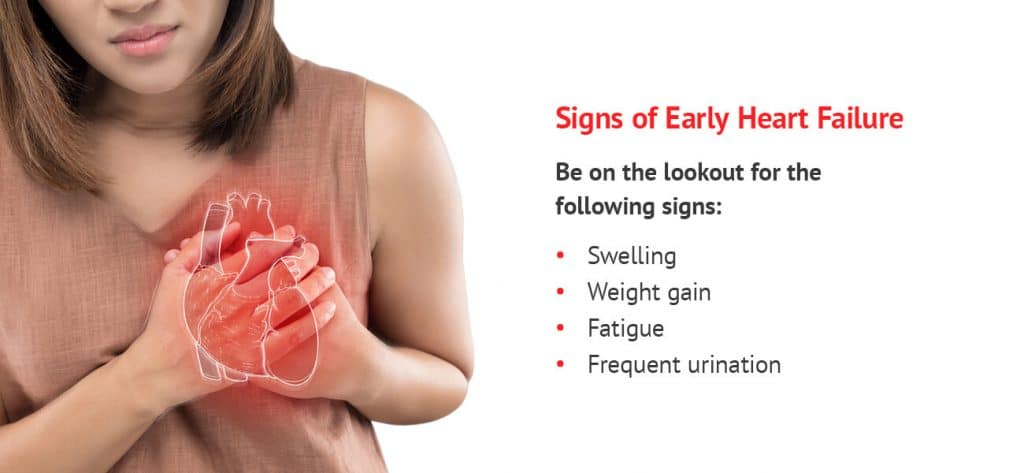What’s the first sign of heart disease?
Heart disease can develop over time, and often has no noticeable symptoms in its early stages. When symptoms do appear, they may vary depending on the type of heart disease and the individual. Some common symptoms of heart disease include:
- Chest pain or discomfort: This can range from a mild discomfort to a crushing or squeezing pain in the center or left side of the chest.
- Shortness of breath: This can occur with or without physical exertion, and may be accompanied by chest pain or discomfort.
- Fatigue or weakness: This can occur due to a lack of oxygen-rich blood being delivered to the muscles and organs.
- Pain or discomfort in other parts of the body: Heart disease can cause pain or discomfort in the arms, neck, jaw, back, or stomach.
- Lightheadedness or dizziness: This can be a sign of low blood flow to the brain.
- Rapid or irregular heartbeat: This can be a sign of an irregular heart rhythm, which can be a sign of heart disease.
It’s important to note that some people with heart disease may not experience any symptoms, especially in the early stages of the disease. This is why regular check-ups with your healthcare provider and monitoring of risk factors, such as high blood pressure and cholesterol, is important. If you experience any symptoms of heart disease, it’s important to seek medical attention promptly.

